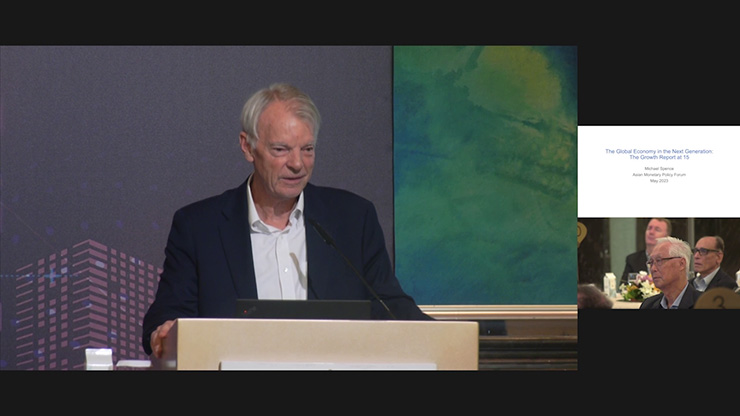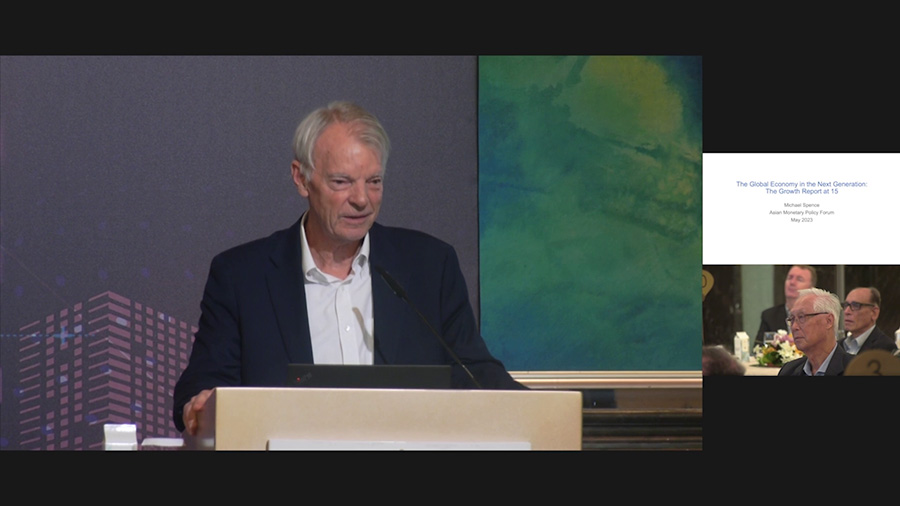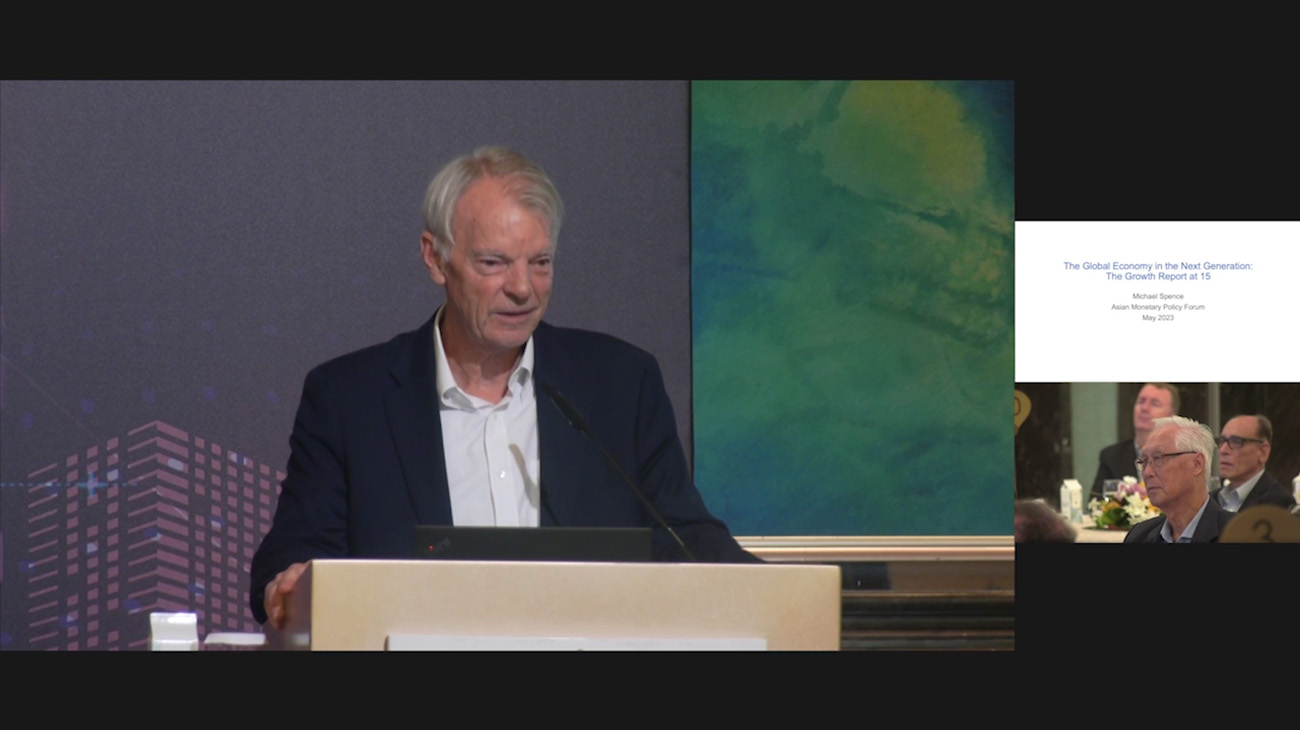WEBINAR SERIES
Preparing for the (Non-Existent) Future of Work
The authors analyze how to set up institutions that future-proof our society for a scenario of ever-more-intelligent autonomous machines that substitute for human labor and drive down wages. The authors lay out three concerns arising from such a scenario, culminating in the economic redundancy of labor, and evaluate recent predictions and objections to these concerns. Then they analyze how to allocate work and income if these concerns start to materialize. As the income produced by autonomous machines rises and the value of labor declines, the authors find that it is optimal to phase out work, beginning with workers who have low labor productivity and job satisfaction, since they have comparative advantage in enjoying leisure. This is in stark contrast to welfare systems that force individuals with low labor productivity to work. If there are significant wage declines, avoiding mass misery will require other ways of distributing income than labor markets, whether via sufficiently well-distributed capital ownership or via benefits. Recipients could still engage in work for its own sake if they enjoy work amenities such as structure, purpose, and meaning. If work gives rise to positive externalities such as social connections or political stability, or if individuals undervalue the benefits of work because of internalities, then there is a role for public policy to encourage work. However, the authors conjecture that in the long run, it would be more desirable for society to develop alternative ways of providing these benefits.
2023
Session Chair: Michael SONG
Wei Lun Professor of Economics and Head of Department of Economics, Chinese University of Hong Kong and Senior Fellow of ABFER
Speakers
Session Format
Each session lasts for 1 hour 10 minutes (25 minutes for the author, 25 minutes for the discussion and 20 minutes for participants' Q&A). Sessions will be recorded and posted on ABFER's web, except in cases where speakers or discussants request us not to.
Registration
Please register here to receive a unique Zoom link. (Notice: Videos and screenshots will be taken during each session for the purpose of marketing, publicity purposes in print, electronic and social media)




